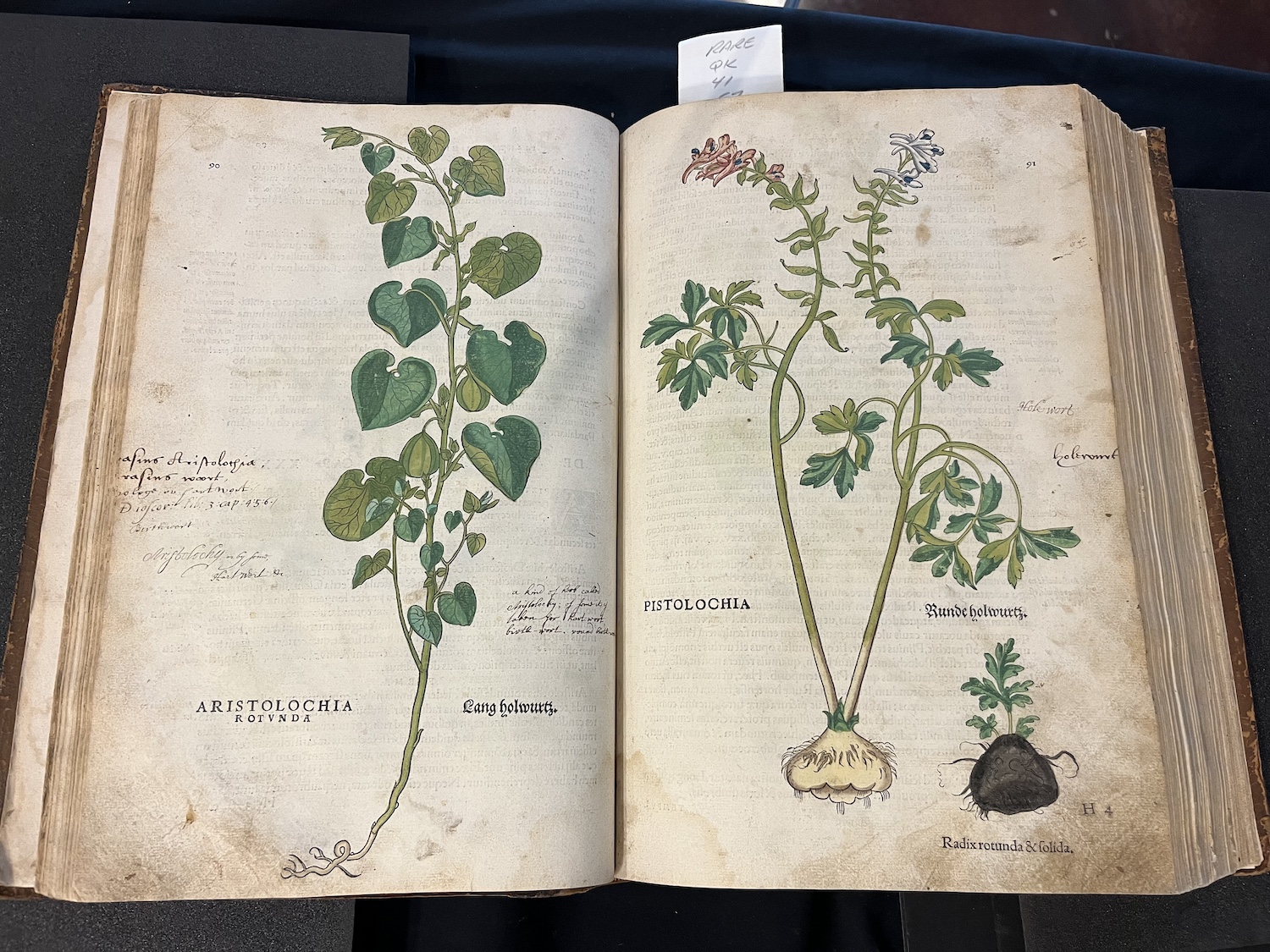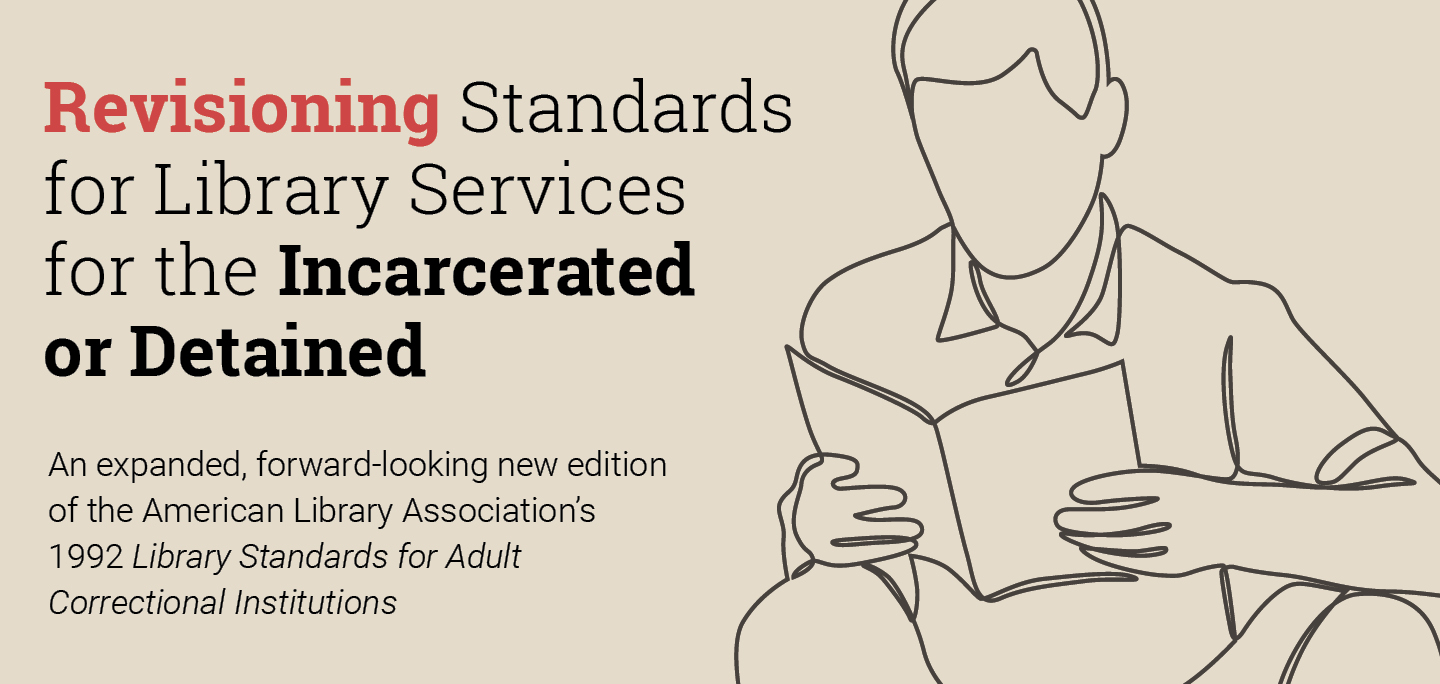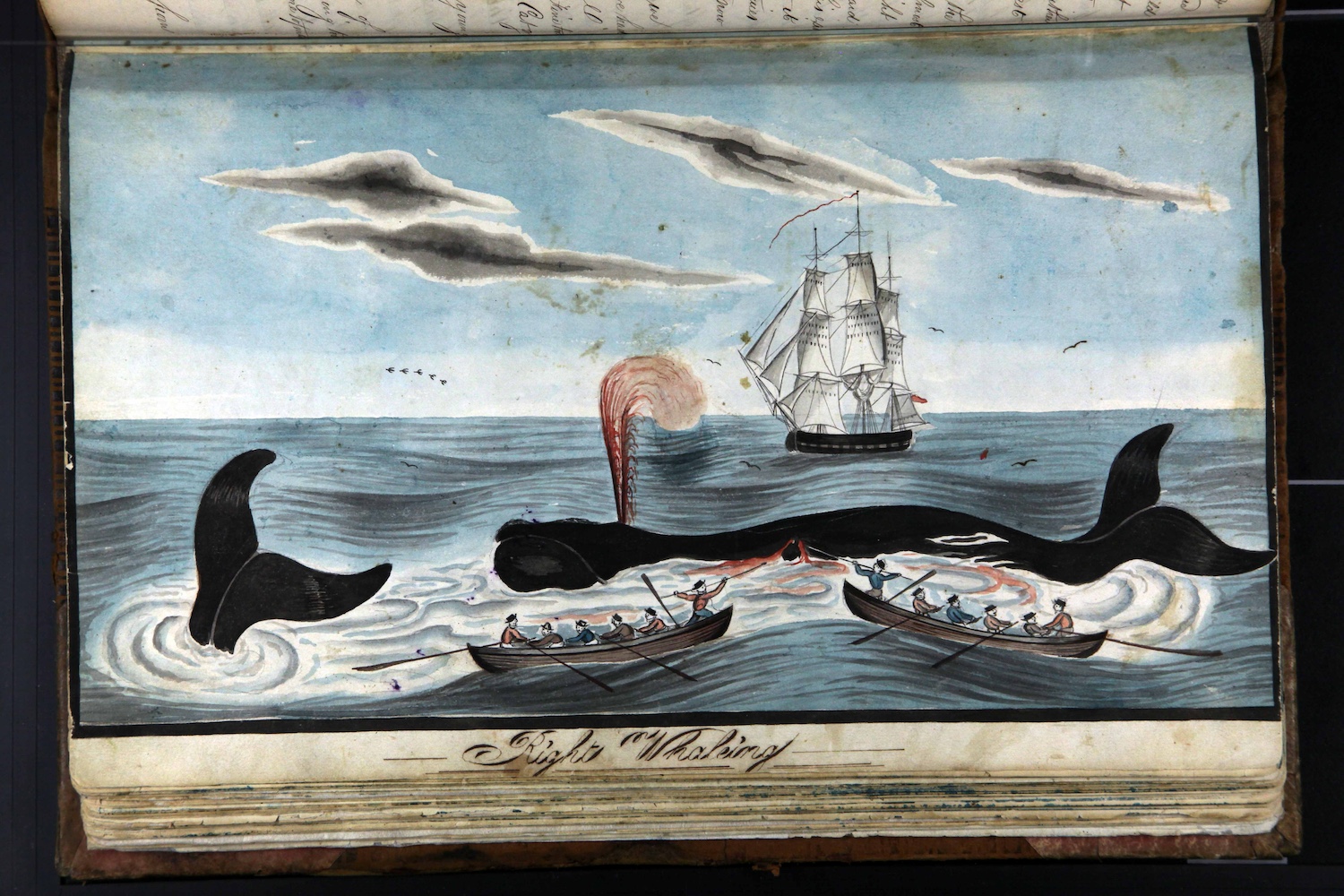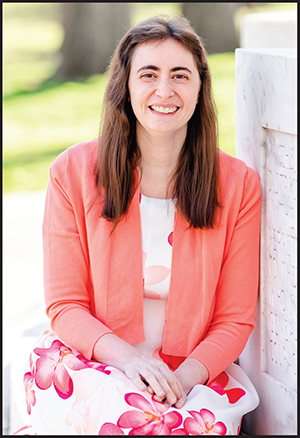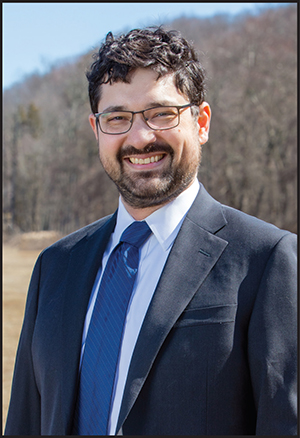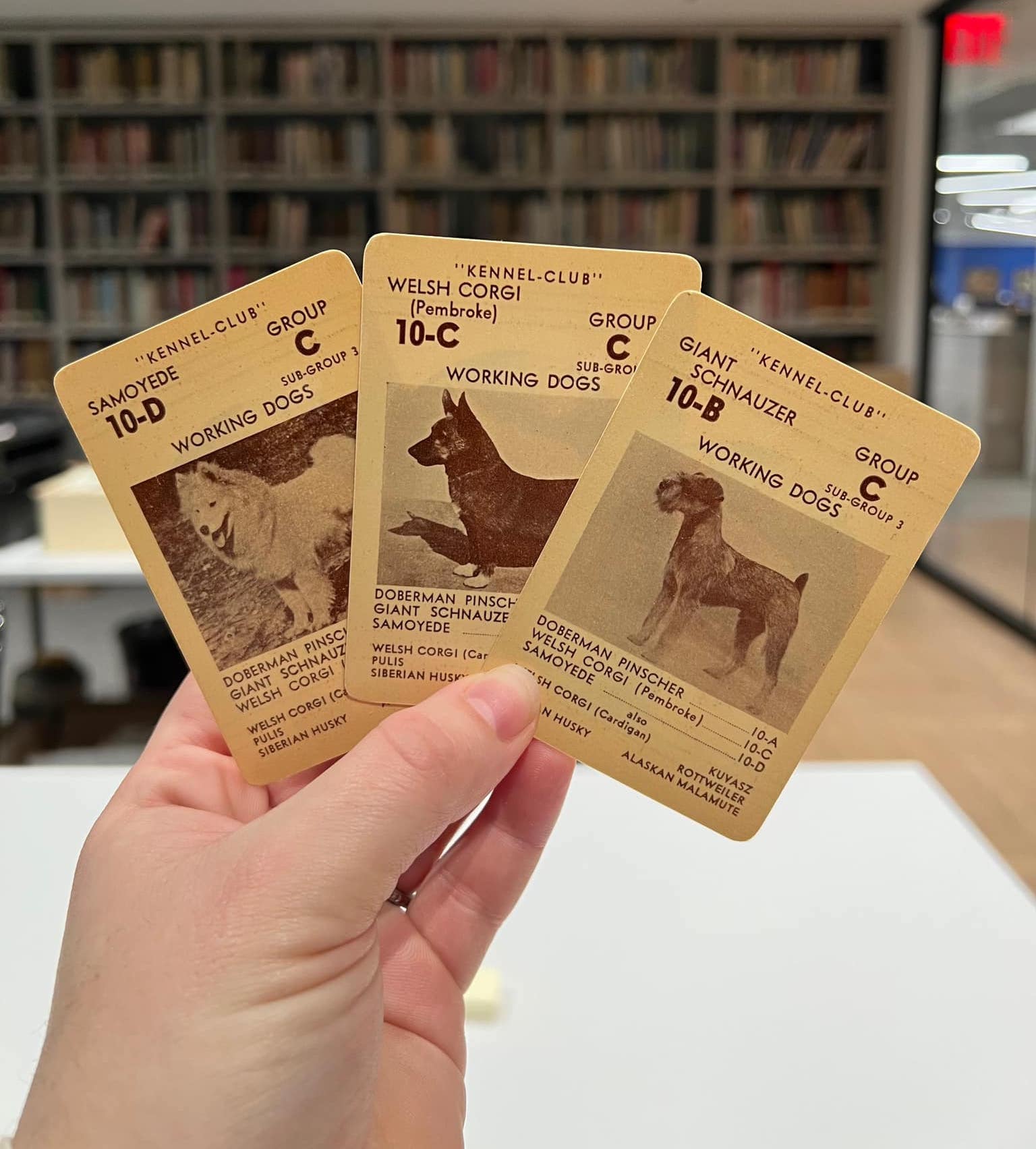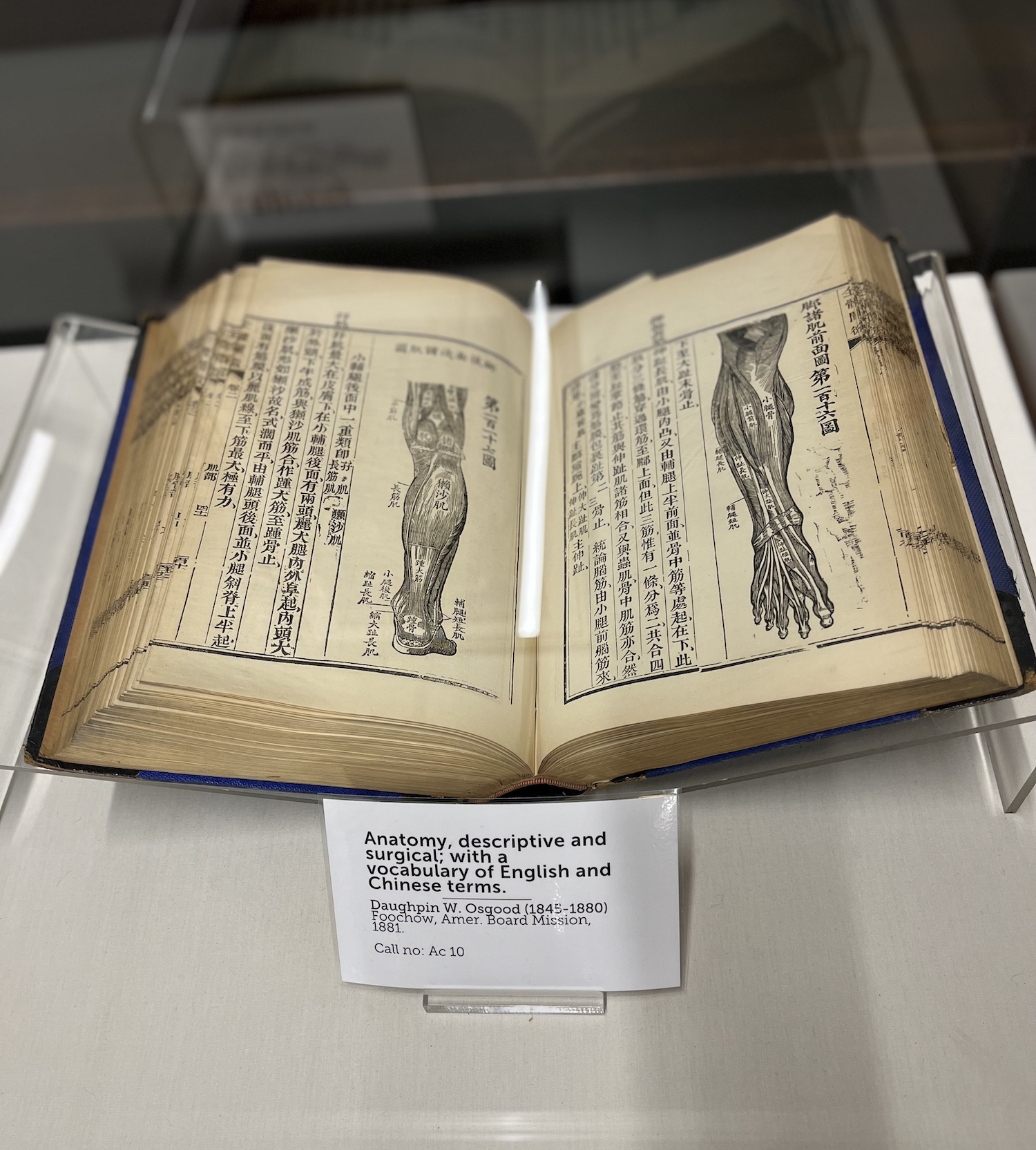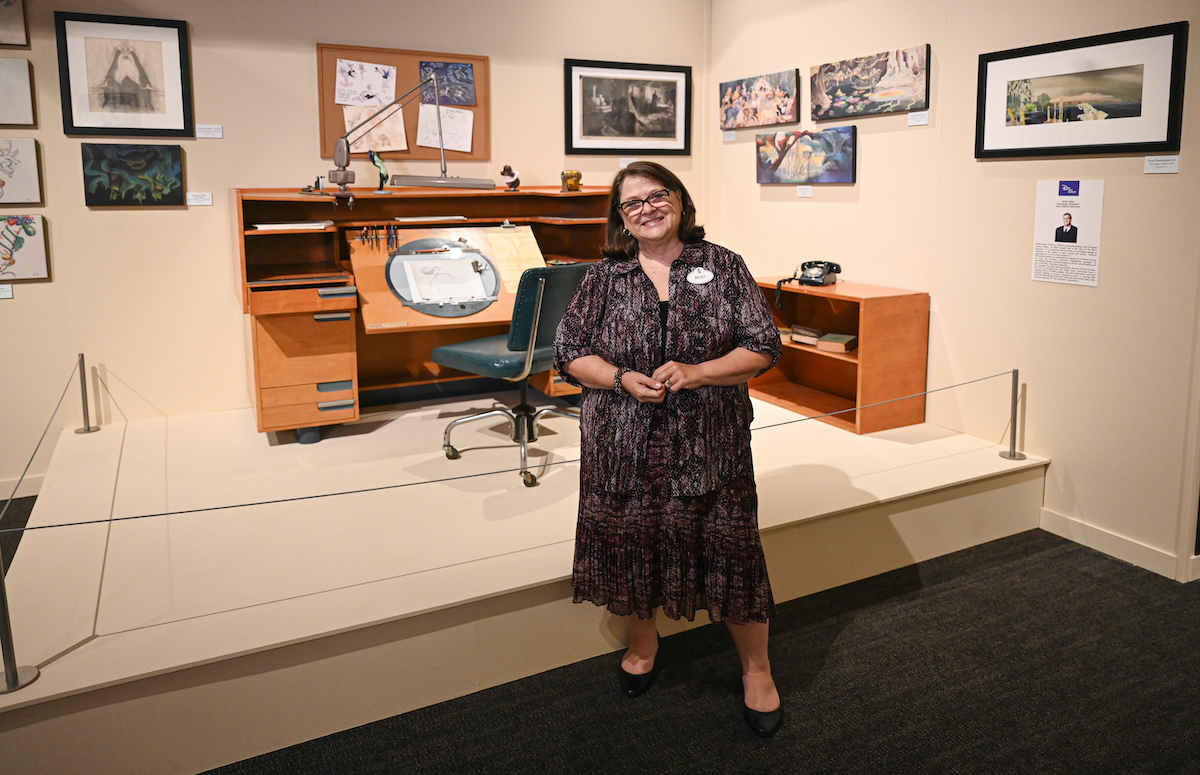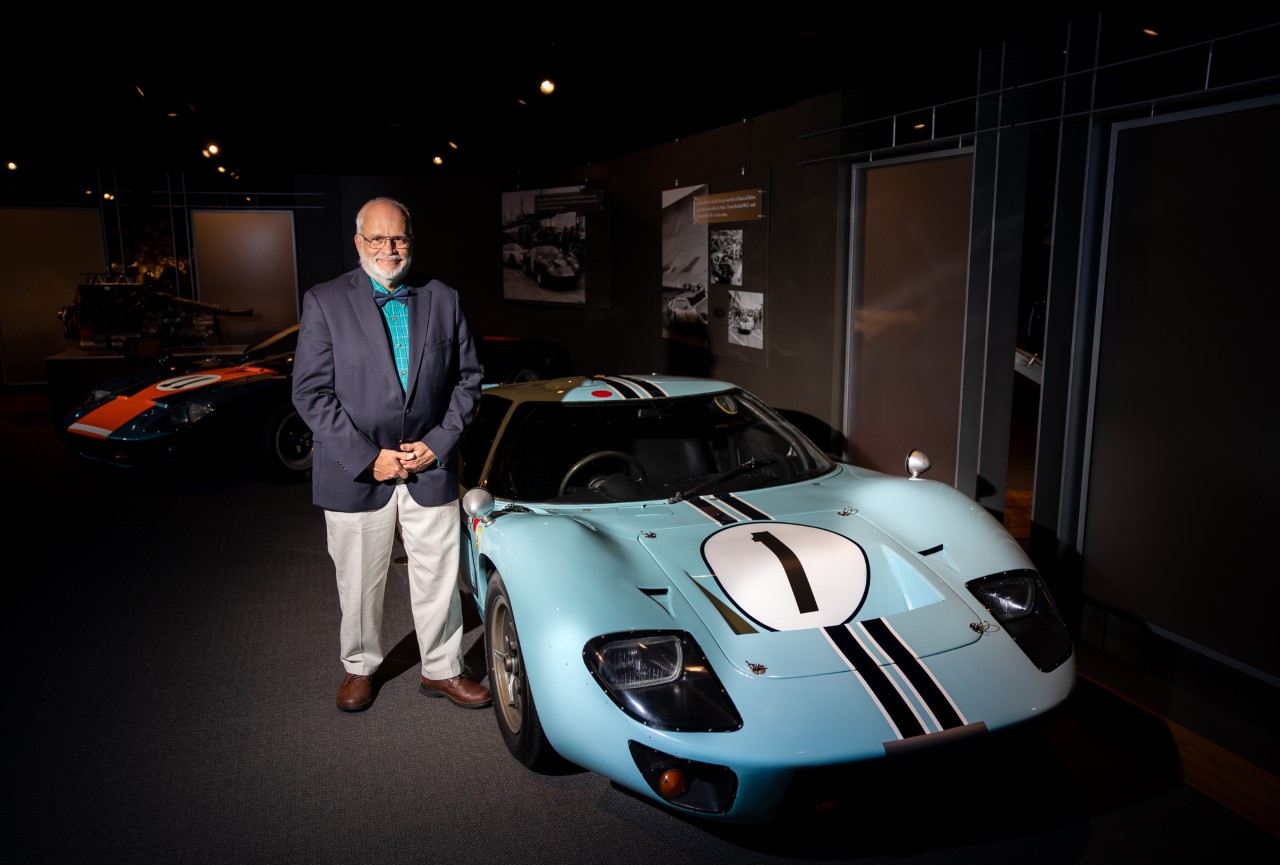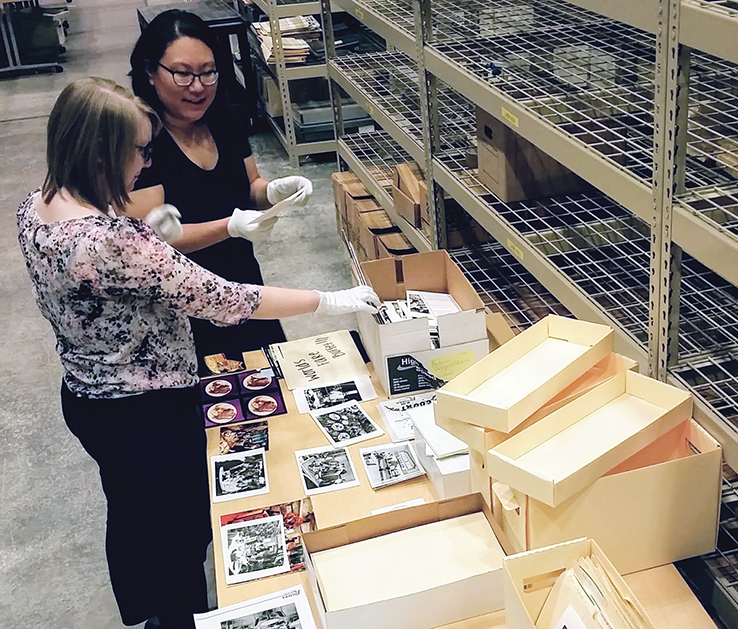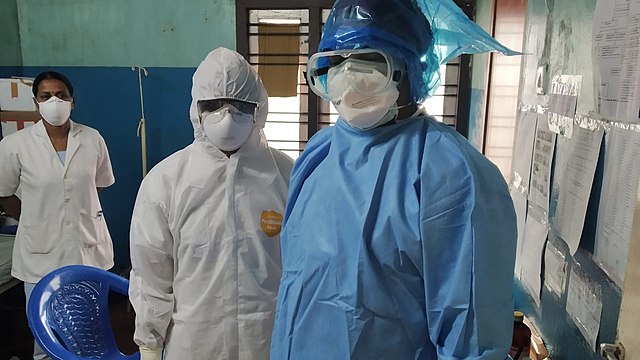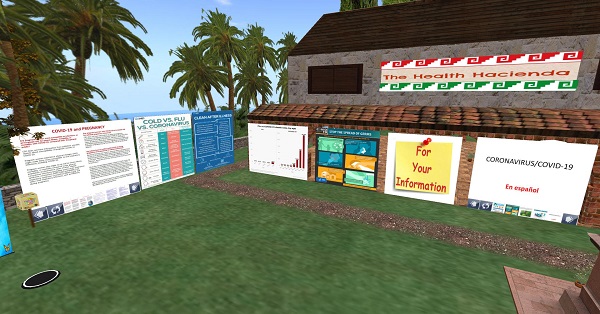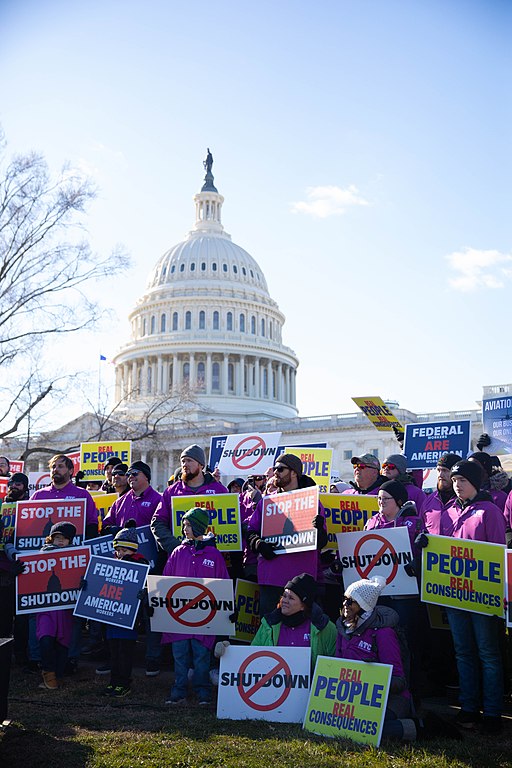Related
While there are many botanical gardens across the United States, only one has the distinction of being a tropical botanical garden chartered by the U.S. Congress: the National Tropical Botanical Garden, located in Kauaʻi, Hawaiʻi.
ALA has recently issued a revised document, Standards for Library Services for the Incarcerated or Detained. It will help support libraries and library staff to meet the literacy, learning, and recreational needs of people held in jails, prisons, detention facilities, juvenile facilities, immigration facilities, prison work camps, and segregated units within any facility, whether public or private, military or civilian, in the United States and its territories.
For fans of Herman Melville’s novel Moby-Dick, the name New Bedford, MA, may ring a bell, since it’s where Ishmael, the main character, signs up for the whaling expedition. The city is also home to the New Bedford Whaling Museum, which was founded as the Old Dartmouth Historical Society in 1903.
On November 2, 1929, at Curtiss Airfield in Valley Stream, NY, 26 female licensed pilots, mostly from the East Coast, gathered to form the Ninety-Nines, an organization dedicated to support and advance women in aviation. Famed aviator Amelia Earhart, the first president of the Ninety-Nines, came up with the name in honor of the 99 charter members. Almost 95 years since its founding, the Ninety-Nines has about 7,000 members in 44 countries.
As the synagogue librarian for Temple Rodef Shalom Library and a children’s book consultant, Kusel says she wants to see more literary mirrors for children who are Jewish and offer windows to youth of different faiths to better understand Jewish beliefs and culture.
David Greisen is founder, CEO, and the driving force behind Open Law Library, a nonprofit open-access publisher helping governments collaborate, draft, and publish consistent laws with legislative history built to withstand nation state–level cyberattacks and comply with the Uniform Electronic Legal Material Act, all without going through for-profit publishers.
The American Kennel Club (AKC) Library and Archives has been collecting practically everything dog-related, with a significant focus on purebred dogs, since 1934. For its 138th anniversary last fall, AKC announced the launch of its digital library, where people can search for specific breeders, read about the results of shows, learn about updates to breeds over time, and more.
The Mütter Museum’s less famous upstairs is equally fascinating—and it’s now open to non–medical professionals without an appointment. The library, an independent collection of books and ephemera related to the “history of medicine and medical humanities,” according to its mission statement, recently announced that it is now open to the public on weekends, included in the price of admission for the Mütter.
What do accessible spaces/programs/services look like in libraries? Ongoing engagement with disabled patrons and staff is key.
Growing up, Rebecca Cline adored the film Mary Poppins, but as a budding Disney fan, she had no idea that one day she would have an up-close view of the carousel horses that the titular nanny and her charges ride, or the snow globe that Mary holds as she sings “Feed the Birds.” The director of the Walt Disney Archives, Cline now has access to these props and many others.
In June, the New-York Historical Society Museum and Library announced the formation of the Diamonstein-Spielvogel Institute for New York City History, Politics, and Community Activism. Part of the Institute will be an archive focusing on community activism and movements.
Carl Grant, former president of Ex Libris North America and interim dean of the University of Oklahoma Libraries, this summer became managing director of The Revs Institute, a Naples, FL–based not-for-profit dedicated to the research and historical study of automobiles.
As the field increasingly expands to include work with a wide range of physical and electronic materials, resources, and data, the question “What is a librarian?” does not have an easy answer. Prerequisites for any librarian job include curiosity and a desire to help expand others’ knowledge. But a satisfying library career may take many forms.
With their on-site, physical work temporarily on hold during the coronavirus outbreak, conservators and other museum, library, and archive workers have started a grassroots movement to collect and donate their supplies of personal protective equipment (PPE) to healthcare workers on the front lines of their work with COVID-19 patients.
As public, academic, school, and corporate library workers have been watching their workplaces close and striving to adjust to self-quarantining, medical librarians are facing additional challenges as a result of COVID-19.
The 35-day federal government shutdown did not affect major national library entities, which had received funding prior to President Trump’s refusal to sign a short-term spending bill that would have funded the government through early February. Staff at the Institute of Museum and Library Services (IMLS) and the Library of Congress (LC), as well as the U.S. Department of Education (DoE), were able to continue their work uninterrupted. However, contract workers within those agencies, and in government libraries across the country, were not so fortunate.
ALREADY A SUBSCRIBER? LOG IN
We are currently offering this content for free. Sign up now to activate your personal profile, where you can save articles for future viewing
